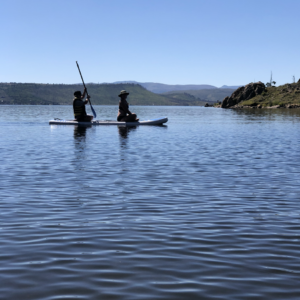Have You Gone Organic?
Going organic has become extremely popular in recent years, but there are a surprising amount of people who just don’t get the benefits of switching.
At the onset, it seems more expensive, but in the long run the savings and payoff are both greater. When the goal is your long term wellness, there’s no question that going organic is the best option out there.
So if you want to be found on Page 1, you’ve got work to do!

Hubspot recognizes that 78% of internet users now conduct product research online, mainly on search engines. That’s a large audience any way you slice it. In order to to get in front of those people you need to show up on search engine result pages. There are two primary ways of doing so:
- Organic Optimization of your site can get you to Page 1 of the SERPs for important keywords and queries that your content addresses, or
- Paid Search channels, such as Google Adwords, can put you on Page 1 for the terms of your choosing
Although they can complement one another in many ways, it is important to recognize the strengths and weaknesses of both. So, what’s the difference between Organic Optimization and Paid Search?
Organic Optimization
By focusing on your content, organic optimization addresses the long term health and wellness of your website. We recommend organic optimization from the beginning of any strategic internet marketing plan, as everything needs to be properly aligned from the beginning, and the results take time to build. If you have the know-how to optimize your content in-house, great – time to get at it! If not, you’ll need to connect with an SEO.
Once your existing website content has been optimized, make certain that the content added to your website from that point forward follows best practices and maintains optimization standards. Search engines are frequently crawling and indexing your site; maintaining a high bar for your content provides them with clear markers that will help you climb and keep better rankings.
Organic optimization requires a long-term strategy. It can take some time but once you have momentum, it can be built upon and maintained, providing you are crafting new, interesting content as often as possible. Once obtained, a good search engine ranking can often be maintained with little help from outside parties, so long as the site is given proper attention.
The Benefit
With organic optimization, your website will remain in the same general rank area without major ongoing costs, providing you are engaged with and actively adding content to your website.
The Downside
Organic optimization takes time to get you where you want to be on SERPs. Search engines need time to crawl, index, and rank any website. Getting your site high on search engine results pages can take even longer because they look for signs that you are actively engaging in your website and developing content on a regular basis. They want you to prove that you are an authority on your subject matter.
Paid Search
Paid search, commonly referred to as pay-per click, is a highly effective way of getting your website to show up under search terms that have high competition. Say, for instance, that I sell vacuum cleaners. If “vacuum cleaner sales” is a highly competitive search, and my website isn’t ranking organically for this query, I can pay to have my advertisement at the top of Google’s SERPs. Each time someone clicks on my ad, they’re taken to my site and I get charged for one click.
Google determines the cost for these ads based on demand and search volume for your chosen term(s). This can become expensive if you are not converting these leads into paying customers, so it is important that your paid search campaign is coupled with a website optimized for conversion.
The Benefit
Paid search effectively allows you to skip the long climb to the top of the search engines. Providing you are willing to pay, you could have your ad showing up at the top of Page 1 on Google today, which is why it’s very appealing to many organizations.
The Downside
Not only are you paying for every click, but many people argue that these paid advertisements cannot compare to organic rank results. It has been estimated that organic rank results receive 94% more clicks than paid search results.
If your website is well optimized to convert visitors into customers, paid search results can be well worth the cost per click. For most business owners, it makes more sense to invest in an organic optimization plan that will get them to and keep them near the top of the search results, while using paid search sparingly to fill in the gaps.
How does your website fare on search engine result pages? Whether you’re struggling to keep up with your competitors or barely cracking Page 20, maybe it’s time you got serious about your SEO and went organic.
Other Articles
Mastering Black Friday Cyber Monday Campaigns: Strategies for Outdoor Retail Brands
Black Friday Cyber Monday (BFCM) has become a pivotal period for businesses across various industries, and the outdoor retail sector...
Why Leveraging Discounts Can Give Your Business a Competitive Edge
Consumers today have an infinite amount of information at their fingertips. Amid the sea of brands and products they have...
Navigating the Off-Season: Marketing Strategies for Outdoor, Overlanding, and Camping Brands
The world of outdoor adventure, overlanding, and camping is fueled by the passion for exploration, nature, and the thrill of...



